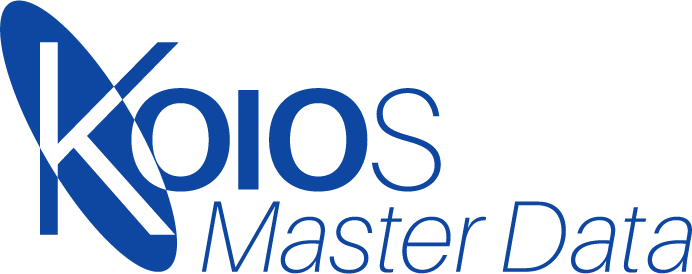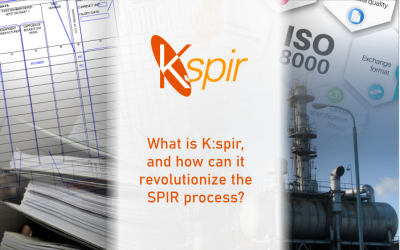How to improve your spare parts data
Spare parts data / Material master data originates from the SPIR document during the Capital phase of the project. The traditional process has lots of inefficiencies and waste. At KOIOS Master Data we have a deep understanding of SPIRs, having had long experience in materials management.

SPIRs on spreadsheets cause a whole host of challenges
Plant operators face a number of issues from the current use of SPIR documents. The release of these documents by the EPC is often left until the very end of the project, or not at all. This poses a real challenge to operators who wants to reduce the operating risk by purchasing long lead items early enough, and those who want to calculate the size of warehouse.
The format of the SPIR is frequently inconsistent; effectively being a paper form that has been recreated onto a spreadsheet and edited many times. It resembles nothing much more than an optimistic vendor order form.
Extracting a complete project worth of data is a costly exercise in terms of both manpower and time.
Read our most popular article on the SPIRs here – SPIRS: Are they worth the paper they’re written on?
Money and resource is wasted buying spare parts that are not needed
In addition to the actual document itself. When reviewing SPIRs in order to determine the spares required for the operation, the criticality of the equipment, the maintenance capability, and an understanding of the planned consumption also need to take into account. This information is, understandably, not on the SPIR form but is vital in the decision-making process.
There are many organizations that employ a room full of people to analyse SPIR forms and order the spares listed – in the majority of cases, these people will use the column added by the vendor – without taking these factors into account!
Software designed specifically for this process is the solution
In the context of the SPIR process, accurate decision making is everything. The SPIR exists as a tool for forecasting spares requirements for the life of a project, its sole purpose being to assist the Owner Operator (O/O) to make accurate decisions.
A radical change to the SPIR process is on the horizon. While there may be no silver bullet, the right, cloud based, collaborative software is an essential move forward and the results can be felt immediately.
Our hope is that O/O’s and manufacturers alike will unite in becoming more discerning and demanding about data quality, working as one to create harmony along the chain. At KOIOS Master Data, we are committed to leading the conversation and driving better data quality.
Read our article on our solution here – What is K:spir and how can it revolutionize the SPIR process?
Material master data management
Our software embeds data quality at its core, which allows users to generate fast and meaningful insights to aid accurate decision making, creating better efficiencies and saving on cost.
The Importance of Maintenance Bills of Material
Introduction to the M-BoM Maintenance Bills of Material (M-BoM) are pivotal in distinguishing "best in class" facilities from their counterparts. These documents are integral for facilities committed to operational excellence, yet surprisingly absent or incomplete in...
Managing Obsolescence
Obsolescence is 'the transition from availability from the original manufacturer to unavailability’. Obsolescence Management involves coordinated activities to direct and control an organization in addressing obsolescence. Its goal is to integrate obsolescence...
What is K:spir and how can it revolutionise the SPIR process?
The SPIR process urgently needs to enter the 21st century At KOIOS Master Data we have a unique understanding of the difficulties caused by the current SPIR (Spare Parts Interchangeability Record) process. Through our team’s years of MRO consultancy work, we have...
Get in touch or book a demo
If you want to book a demonstration of our software, or if you have any questions, then please complete the form or email us directly at info@koiosmasterdata.com





